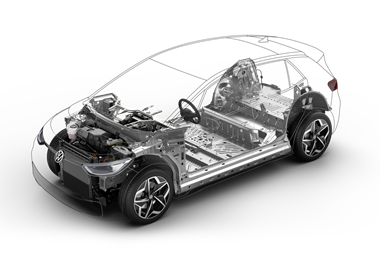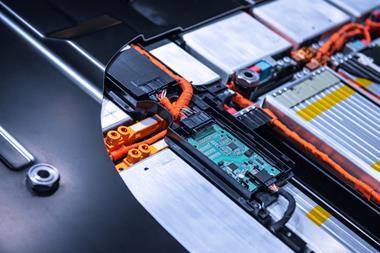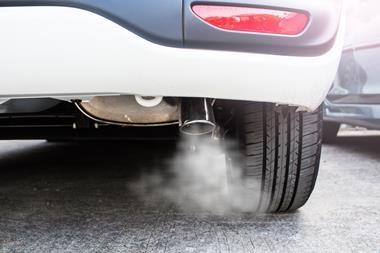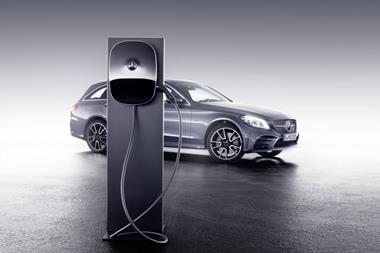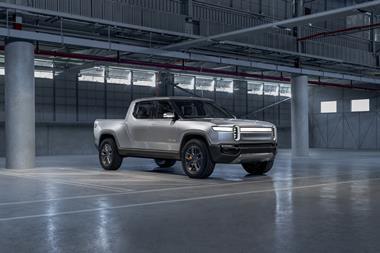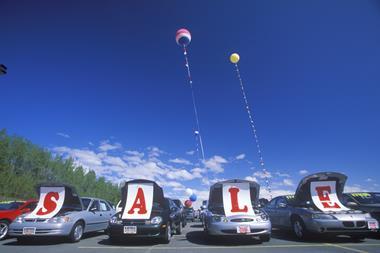OEMs’ profit strategies today could hurt them tomorrow
By Automotive from Ultima Media2019-09-30T08:53:00
Ahead of stringent EU emissions targets starting in 2020, some carmakers are pursuing strategies that actually go against what they will ultimately need to do to reduce hefty fines. This makes sense – but only for now
Although carmakers in the EU are set to be hit with significant fines for failing to meet CO2 targets, some are pursuing strategies that will actually hurt their chances of reducing penalties in the interest of higher profits and maintaining other requirements, as outlined in our new report “Climate Change vs. Carmakers”.
































